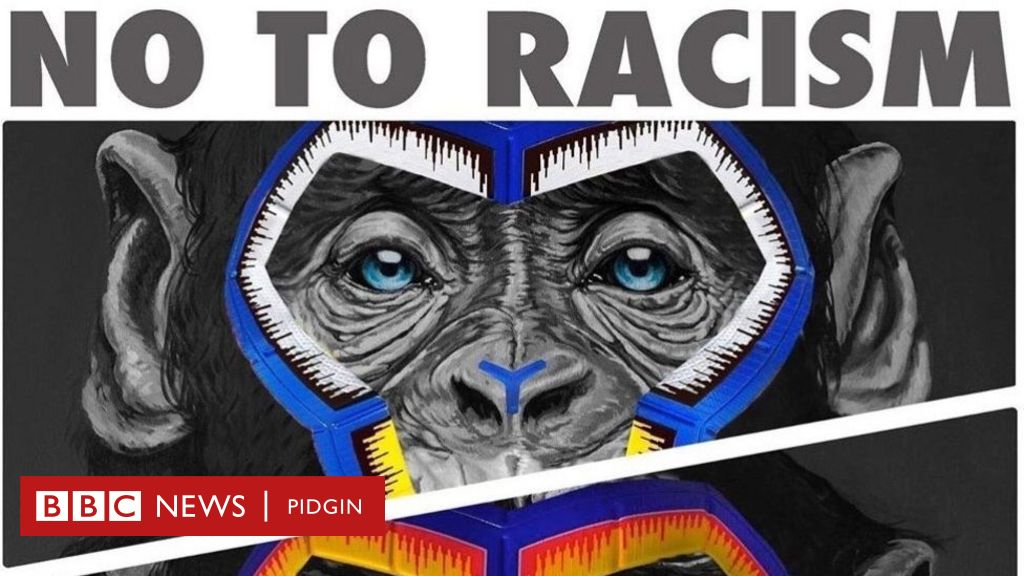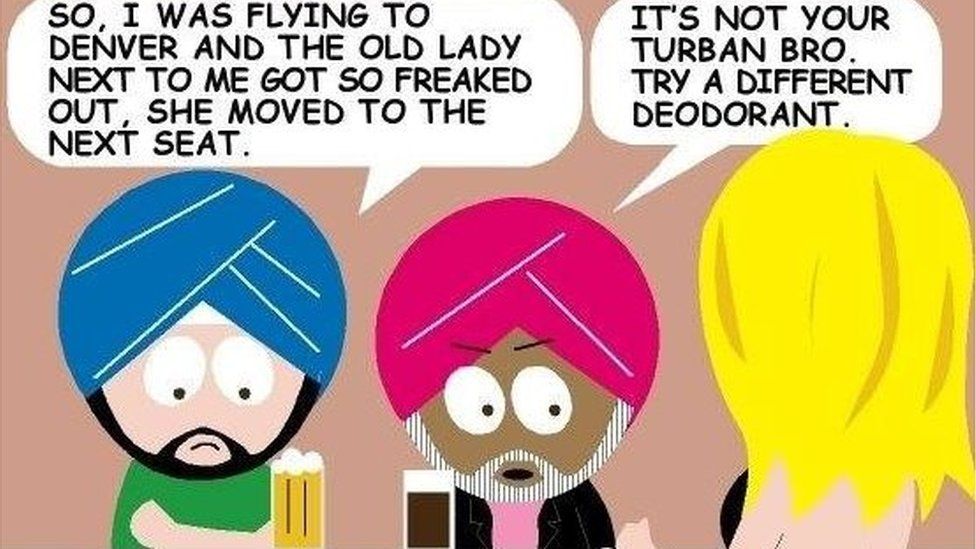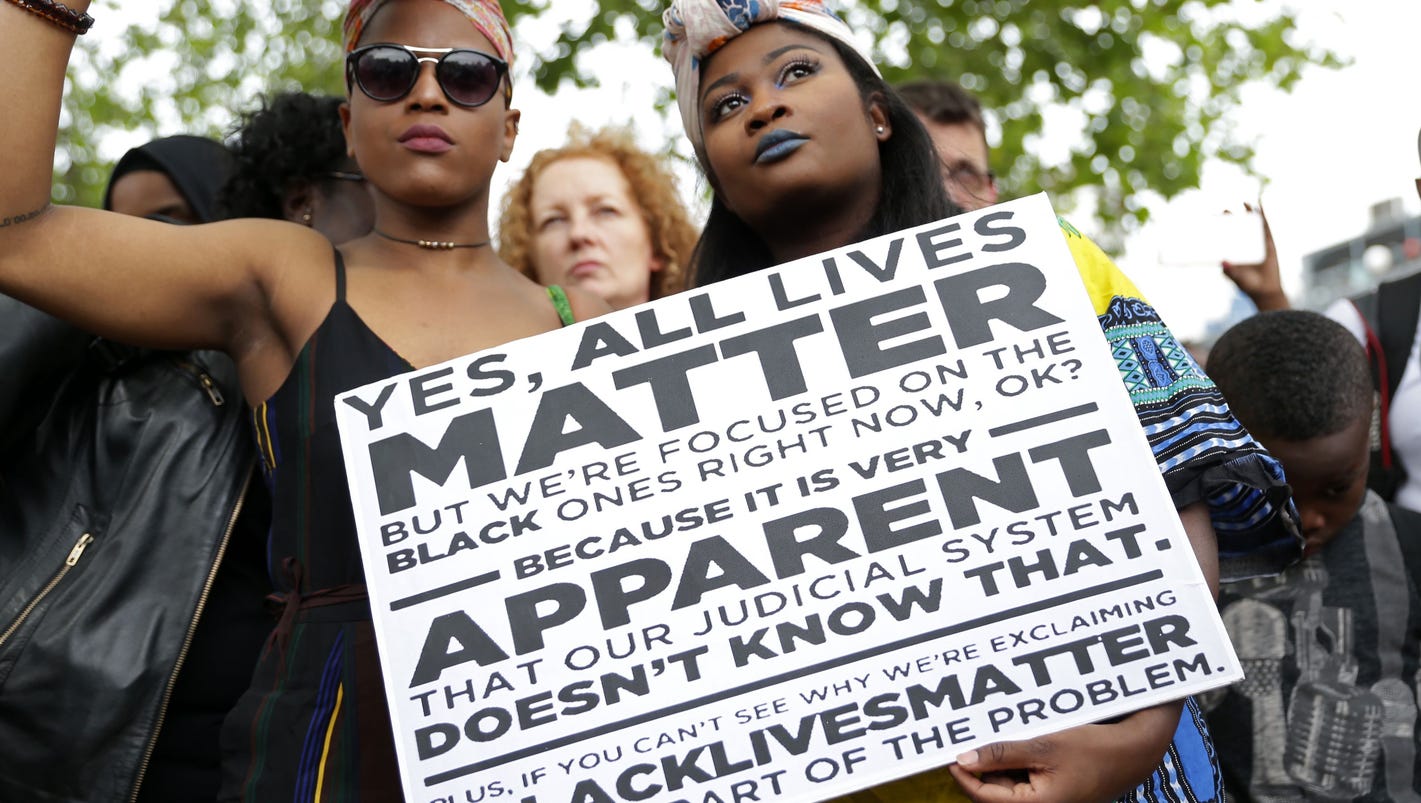Humor is a universal language, but funny racist jokes? Well, that’s where things get complicated. If you're here, chances are you're curious about the intersection of comedy and cultural sensitivity. Let's dive into this topic and unpack why some jokes hit differently while others just… don’t. This isn’t just about laughter—it’s about understanding context, history, and human connection.
We live in a world where humor plays a big role in our daily lives. From viral memes to stand-up comedy routines, people love to laugh. But when it comes to funny racist jokes, the line between humor and harm can be blurry. Is it okay to laugh at something that might offend others? Or is it better to steer clear of potentially harmful content altogether?
In this article, we’ll explore the nuances of funny racist jokes, their historical roots, and how they impact society. We’ll also discuss ways to navigate humor responsibly while respecting cultural differences. So grab your favorite drink, settle in, and let’s chat about why some jokes land and others don’t.
Read also:Punjabi Movies A Journey Through The Heart Of Punjabs Cinema
Table of Contents
- What Are Funny Racist Jokes?
- The History of Racist Humor
- Why Are Some Jokes Offensive?
- Is It Ever Okay to Tell Them?
- Impact on Society
- Alternatives to Racist Jokes
- Understanding Cultural Sensitivity
- How to Talk About Race Humorously
- Famous Comedians and Their Takes
- Conclusion
What Are Funny Racist Jokes?
Alright, let’s break it down. Funny racist jokes often rely on stereotypes, cultural differences, or prejudices to elicit laughter. They can range from subtle digs to blatant insults, depending on the context and delivery. Some people find these jokes amusing because they challenge societal norms or highlight absurdities, but others see them as hurtful and divisive.
But here’s the thing: humor is subjective. What one person finds hilarious, another might find deeply offensive. That’s why it’s important to approach this topic with an open mind and a willingness to listen. Are funny racist jokes ever acceptable? Let’s dive deeper.
Why Do People Laugh at Funny Racist Jokes?
There are a few reasons why people laugh at funny racist jokes. For starters, laughter is a powerful way to cope with uncomfortable situations. Jokes about race or ethnicity might make some folks feel like they’re addressing taboo subjects in a lighthearted way. However, this can backfire if the joke perpetuates harmful stereotypes or alienates certain groups.
Plus, humor has a way of breaking down barriers—if done right. A well-crafted joke can spark meaningful conversations and even foster empathy. But again, it all comes down to intention and execution. Are you laughing with someone, or at them?
The History of Racist Humor
Racist humor has been around for centuries, often used as a tool to reinforce power dynamics and maintain social hierarchies. Think about it: in the past, comedy was sometimes used to mock marginalized communities, making them seem inferior or “other.” This type of humor wasn’t just harmful—it was dangerous.
Take, for example, minstrel shows in the 19th century. These performances caricatured Black people using exaggerated accents, makeup, and stereotypes. While some audiences found them entertaining, they also perpetuated harmful narratives that dehumanized entire communities. Thankfully, society has evolved, and we’re now more aware of the impact of such humor.
Read also:Teanna Trump The Rising Star In The Spotlight
How Have Attitudes Changed Over Time?
Over the years, attitudes toward funny racist jokes have shifted significantly. With increased awareness of racial injustice and cultural sensitivity, many people now recognize the harm these jokes can cause. Comedians and writers are also more mindful of their words, striving to create content that’s both funny and inclusive.
That said, change doesn’t happen overnight. There’s still a lot of work to be done in terms of dismantling systemic racism and promoting equality. Funny racist jokes might seem harmless on the surface, but they can contribute to deeper issues if left unchecked.
Why Are Some Jokes Offensive?
Let’s talk about why some jokes hit differently than others. It all boils down to context, intent, and audience. A joke that seems harmless to one person might come across as hurtful to someone else, especially if it reinforces negative stereotypes or ignores historical trauma.
For instance, making fun of someone’s accent or cultural practices can feel dismissive or disrespectful. Even if the joke wasn’t meant to harm, it can still leave a lasting impact on those who hear it. That’s why it’s crucial to consider the perspective of others before cracking a joke.
Key Factors That Influence Offensiveness
- Context: Where and when is the joke being told? Is it in a private setting or public forum?
- Intent: What’s the purpose behind the joke? Is it meant to mock or educate?
- Audience: Who’s listening? Are you aware of their backgrounds and experiences?
Is It Ever Okay to Tell Them?
This is the million-dollar question. Can funny racist jokes ever be acceptable? The short answer is: it depends. Some comedians argue that pushing boundaries is part of their craft, while others believe certain topics should remain off-limits. Ultimately, it’s up to each individual to decide what they’re comfortable with.
That said, there are a few guidelines to keep in mind. First, ask yourself why you’re telling the joke. Is it to make people laugh, or to belittle someone else? Second, consider the potential consequences. Could your words harm someone, even unintentionally? Lastly, think about the message you’re sending. Are you reinforcing harmful stereotypes, or challenging them in a constructive way?
When Is Humor Appropriate?
Humor can be a powerful tool for connection, but it needs to be wielded responsibly. Jokes that celebrate diversity and promote understanding are almost always a safer bet than ones that rely on stereotypes or prejudices. The key is to find the balance between being funny and being respectful.
Impact on Society
Funny racist jokes might seem like harmless fun, but they can have lasting effects on society. When we laugh at harmful stereotypes, we normalize them and make it easier for others to accept them as truth. This can perpetuate cycles of discrimination and inequality, even if we don’t realize it.
On the flip side, comedy can also be a force for good. By using humor to challenge stereotypes and spark conversations, we can create a more inclusive and empathetic world. It’s all about intention and execution. Are you using your words to build bridges, or burn them down?
Real-World Examples of Impact
Let’s look at a few examples. In recent years, several high-profile comedians have faced backlash for telling funny racist jokes. Some defended their right to free speech, while others apologized and vowed to do better. These incidents highlight the importance of accountability and self-reflection in the world of comedy.
Meanwhile, other comedians have successfully used humor to tackle tough topics like race and identity. By approaching these subjects with sensitivity and nuance, they’ve managed to entertain audiences while also promoting positive change.
Alternatives to Racist Jokes
If you’re looking to add some humor to your life without crossing any lines, there are plenty of alternatives to funny racist jokes. Here are a few ideas:
- Self-Deprecating Humor: Making fun of yourself is almost always a safer bet than making fun of others.
- Celebratory Humor: Highlight the positive aspects of different cultures instead of focusing on stereotypes.
- Satire: Use humor to critique societal norms and challenge the status quo.
Remember, laughter doesn’t have to come at the expense of others. With a little creativity, you can find ways to make people smile without causing harm.
Understanding Cultural Sensitivity
Cultural sensitivity is all about recognizing and respecting the differences between people. It’s about being aware of your own biases and actively working to overcome them. When it comes to funny racist jokes, cultural sensitivity can help you navigate tricky situations with grace and empathy.
For example, if someone tells you a joke that makes you uncomfortable, it’s okay to speak up. You don’t have to laugh along just to fit in. Similarly, if you accidentally offend someone with a joke, it’s important to acknowledge your mistake and learn from it.
Tips for Being Culturally Sensitive
- Listen actively to others’ perspectives.
- Do your research to understand different cultures and traditions.
- Be open to feedback and willing to grow.
How to Talk About Race Humorously
Talking about race can be tough, but humor can make the conversation a little easier. The key is to approach the topic with respect and authenticity. Don’t shy away from difficult subjects, but also don’t use humor as a crutch to avoid accountability.
When discussing race humorously, it’s important to strike a balance between lightheartedness and seriousness. You want to make people laugh, but you also want to make them think. It’s a delicate dance, but one that’s worth mastering.
Best Practices for Humorous Discussions
- Be mindful of your audience and their experiences.
- Avoid relying on stereotypes or prejudices in your jokes.
- Use humor to highlight commonalities rather than differences.
Famous Comedians and Their Takes
Many famous comedians have weighed in on the topic of funny racist jokes. Some, like Dave Chappelle, argue that pushing boundaries is essential to good comedy. Others, like Hasan Minhaj, emphasize the importance of responsibility and accountability. Both approaches have their merits, but they also come with risks.
Ultimately, it’s up to each comedian to decide how they want to approach sensitive topics. What works for one person might not work for another, and that’s okay. The key is to stay true to your values while also being open to feedback and growth.
Comedians Who Nailed It
Some comedians have managed to tackle race and humor in a way that’s both entertaining and thought-provoking. Take Trevor Noah, for example. His ability to blend comedy with social commentary has made him a household name. Or consider W. Kamau Bell, who uses humor to shed light on issues like police brutality and systemic racism.
Conclusion
Funny racist jokes are a complex topic with no easy answers. While some people find them hilarious, others see them as harmful and divisive. As we’ve explored in this article, the key lies in understanding context, intent, and audience. By approaching humor with empathy and respect, we can create a world where laughter brings people together instead of tearing them apart.
So the next time you’re tempted to tell a funny racist joke, take a moment to reflect. Ask yourself: is this joke helping or hurting? Are you laughing with someone, or at them? And most importantly, are you willing to listen if someone tells you the joke isn’t okay?
Thanks for reading, and don’t forget to share your thoughts in the comments below. Let’s keep the conversation going—and maybe even have a laugh or two along the way!


